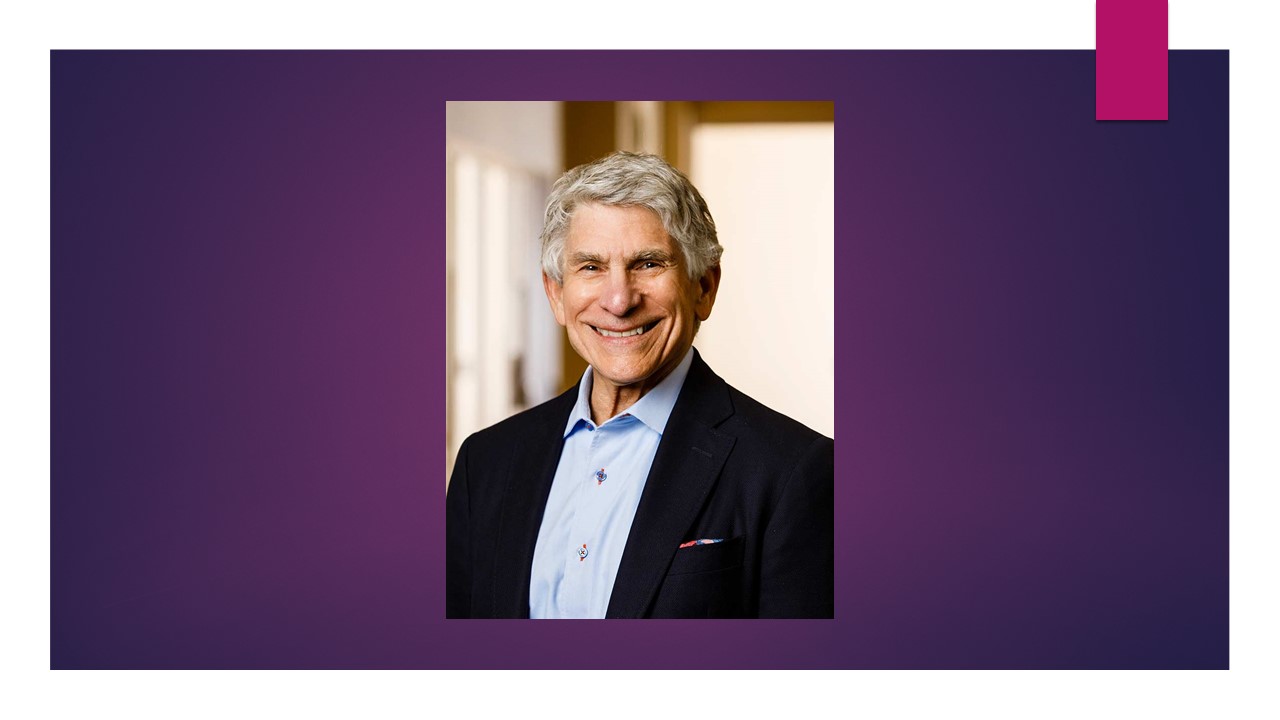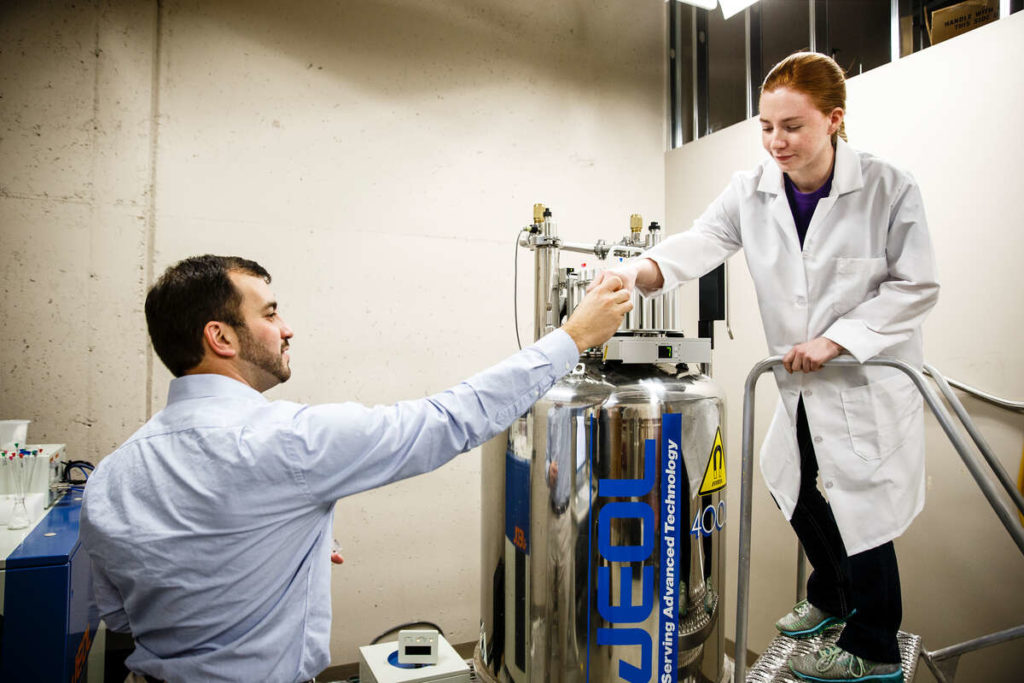Prior to the start of the semester, I send a questionnaire to the students asking why they’ve registered for the Selling class, what they hope to get out of it, what kind of class “structure” they prefer, what are they worried about, etc. Some wonder what selling is all about, some are curious if they are “made for selling,” some want to be in sales, some want to learn “how to sell” and many are looking for tips, tricks and tactics. They might be initially disappointed when they learn that professional selling isn’t about tricks. Because it isn’t. At all! Certainly not as a career choice.
Anyone reading this week’s column, anyone who has a successful and enduring sales career knows that. It’s all about the customer, or as management guru Peter Drucker puts it, “The center of gravity, and the center of power is the customer. The customer has full access to information, worldwide.” To be effective and truly helpful, we have to be real, as in authentic and genuine. This is not new news, is it?
I invite four professionals to talk with the class … Bob, Joe, Tom and Meg. They don’t come to “teach” selling; they talk about their own career journey and what they’ve learned along the way. No “tips and tricks.” After, I ask the students for a brief piece in response to the guest’s visit … what did they hear, what did they learn, what surprised them, what will they take with them. Practically all of them hear the guests talk about being authentic. If you’re not genuine, if you’re not yourself, the success you want will be elusive. Some response highlights: “Many things stood out, but my favorites are: Be authentic and prepared; be open to constructive feedback; sell the way you want to be sold. Believe in ourselves and change our mindset; ability is availability; treat people well, sales aside.”
Some additional insights: Know your audience and do your research as part of your preparation. Remain humble and approachable; form mutually beneficial relationships with people you admire; follow through. If you say you’re going to do something, then do it. Also, “no” may not be “no” but maybe “not now” instead; keep an eye on the line between being persistent, not “pushy.”
Michael Hoffman is a participating adjunct instructor at the University of St. Thomas Opus College of Business.







